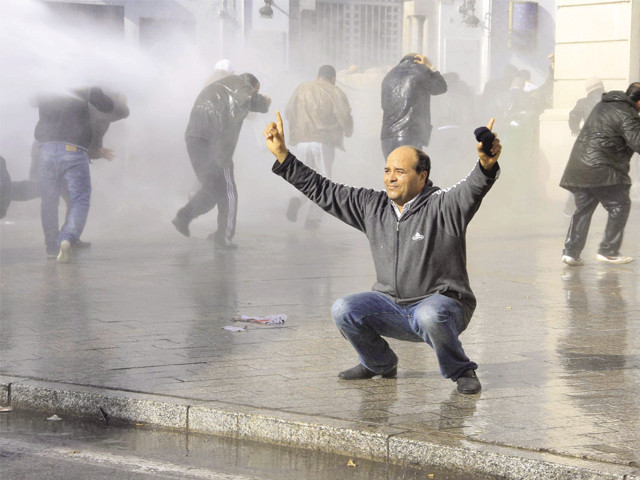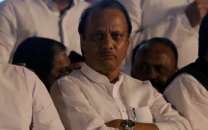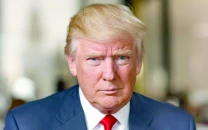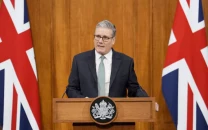Unity government appointed to quell Tunisia unrest
Prime minister includes opposition leaders in cabinet.

Unity government appointed to quell Tunisia unrest
Prime Minister Mohamed Ghannouchi also said the government was committed to releasing all political prisoners and would investigate anyone with great wealth or suspected of corruption.
Before his announcement, 1,000 people demonstrated in the capital Tunis, some saying they would not accept members of the ousted president’s ruling party in the new coalition because they would block needed reforms.
Ghannouchi is himself a member of the RCD, previously led by ousted President Zine al-Abidine Ben Ali, and the party retains a significant presence in the new government.
Security forces used water cannon and tear gas and fired shots in the air to disperse the protest.
The prime minister said opposition leaders would have cabinet posts, but the ministers of defence, interior, finance and foreign affairs would keep their jobs in the new government.
He named Najib Chebbi, founder of the Progressive Democratic Party (PDP) which opposed Ben Ali, as minister of regional development. Ettajdid party leader Ahmed Ibrahim will be higher education minister and Mustafa Ben Jaafar, head of the Union of Freedom and Labour, Health minister.
“We are committed to intensifying our efforts to re-establish calm and peace in the hearts of all Tunisians. Our priority is security, as well as political and economic reform,” Ghannouchi told a news conference.
In the capital, ordinary Tunisians were sceptical. “We do not trust this government because there are the same faces, like Ghannouchi, Morjane and particularly Friaa,” said passerby Mohamed Mishrgi. “It’s as if Ben Ali’s system is still there. It’s for that reason that the demonstrations are continuing in Tunis. We want a new state with new people.”
Tunisia’s speaker of parliament Fouad Mebazza, sworn in as interim president, had asked Ghannouchi to form a government of national unity, and constitutional authorities said a presidential election should be held within 60 days.
Moncef Marzouki, a professor of medicine who leads the CPR Tunisian opposition party in exile in France, told Reuters separately he would be a candidate in a presidential election.
Ben Ali fled to Saudi Arabia on Friday after weeks of violent street unrest. A senior central bank official, Habib Maalej, denied reports that the ex-president’s family had taken 1.5 tonnes of gold worth $66 million out of the country.
Published in The Express Tribune, January 18th, 2011.



















COMMENTS
Comments are moderated and generally will be posted if they are on-topic and not abusive.
For more information, please see our Comments FAQ